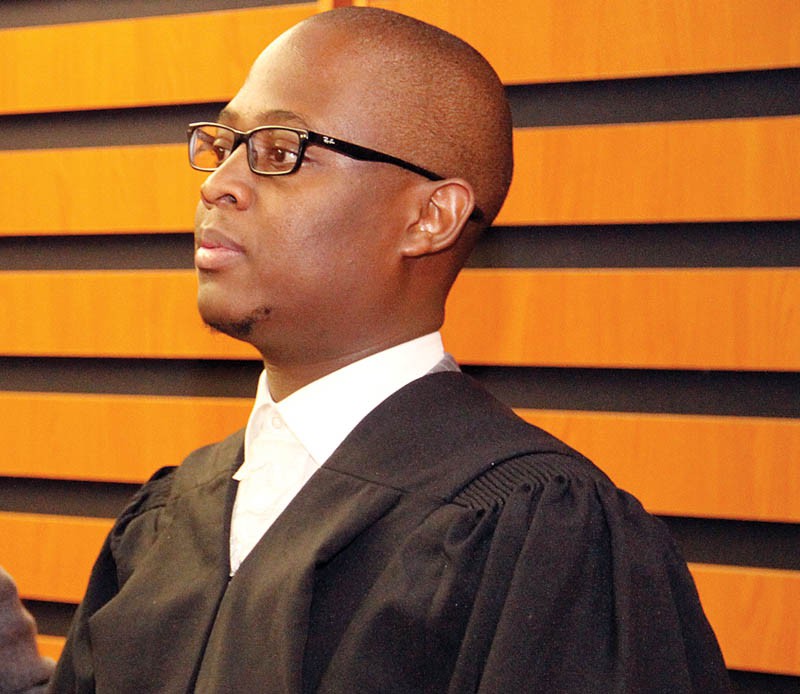BOFEPUSU challenges Khama�s powers
Oarabile Mosikare | Friday January 16, 2015 15:25


This arose from the case in which five public sector unions are seeking the definition of the role of the Public Sector Bargaining Council (PSBC). The unions say at the heart of the matter lies unilateral action by the employer, the Directorate of Public Service Management (DPSM), a conduct which has long been recognised in many legal systems as a violation of the duty to bargain in good faith.
The case arose after Justice Michael Leburu of the High Court ruled last year that the four percent salary increase by the government would not stop BOFEPUSU from bargaining for a higher increase or seek redress through a normal court process, rather than on urgency. The respondents are President Khama and the DPSM.
According to the court papers, the process of negotiating salaries and conditions of service for the public servants falling within the council was, by agreement, due to commence on April 10, 2014. “Before the negotiations commenced the first respondent [Khama] announced a 4% increment in salaries at a public meeting held on 26 March 2014.
“The DPSM initially asserted that this only applied to employees who were not members of the applicants. It soon became obvious, however, that this was not correct,” wrote union legal duo of advocate senior counsel Alec Freund and Mboki Chilisa.
On Monday April 7, 2014 the Daily News reported on a speech given by Khama at Taung on Thursday 3 April, in which he stated there would be a four percent salary increase for all public servants starting from April.
He also said this increase had been offered to the unions and government could not afford to wait for the bargaining council because it takes too long to conclude salary negotiations. “Though the decision did not stop the process of the council, the first respondent cautioned that the government ‘was constrained’ to offer more.”
In the court papers, the unions’ lawyers challenged the DPSM’s argument that the President exercised a prerogative with which the court could not interfere. “A prerogative is a common law power which inheres in the Head of State, in our case the President. It is a concept inherited from English Law which recognised the Crown’s inherent powers to confer honours, pardon offenders, declare war, make peace, appoint and recognise diplomatic agents, and ratify international treaties.”
The lawyers said the DPSM does not state what executive prerogative the President allegedly exercised. They argued that if any prerogative was exercised, which the appellants disputed, Khama was duty bound to exercise it within the confines of the law. “The courts have jurisdiction to enquire into the existence and scope of prerogative power. It is now well established that the exercise of prerogative is reviewable on conventional common law grounds, including legality.
“It follows the President cannot in the exercise of powers of prerogative invoke his powers to act in breach of government’s statutory obligation to negotiate in good faith.
The President is also not entitled to invoke the powers that he has in terms of Section 12 of the Public Service Act (PSA), to thwart the policy objectives of that Act. Freund and Chilisa argued that the provisions of Section 12 have been conferred to the President to promote the policy and objects of the PSA, not to defeat them.
“The policy and objects of the PSA as appears from Parts XI, XII and XIII of Act are that terms and conditions of employment in the public service shall be settled through the process of collective bargaining at the PSBC, whose activities shall be governed by its constitution and collective agreements concluded by the parties. The duty to bargain precludes changes to terms and conditions of employment being settled unilaterally by the Government before negotiations have even commenced. The duty to bargain also precludes collective labour agreements being disregarded.”
Attorney David Moloise would represent the government in this matter on January 23.
